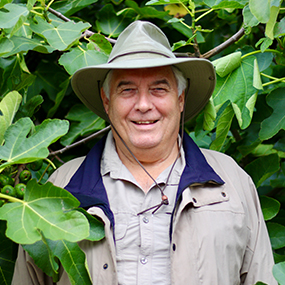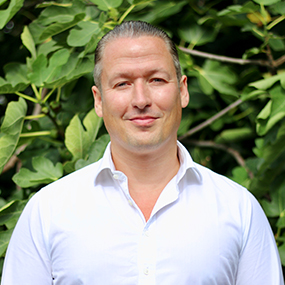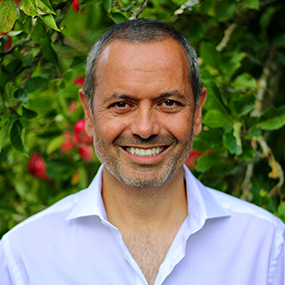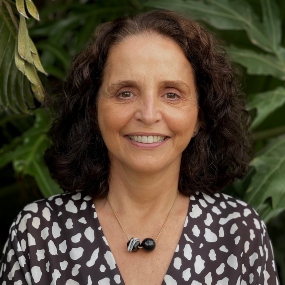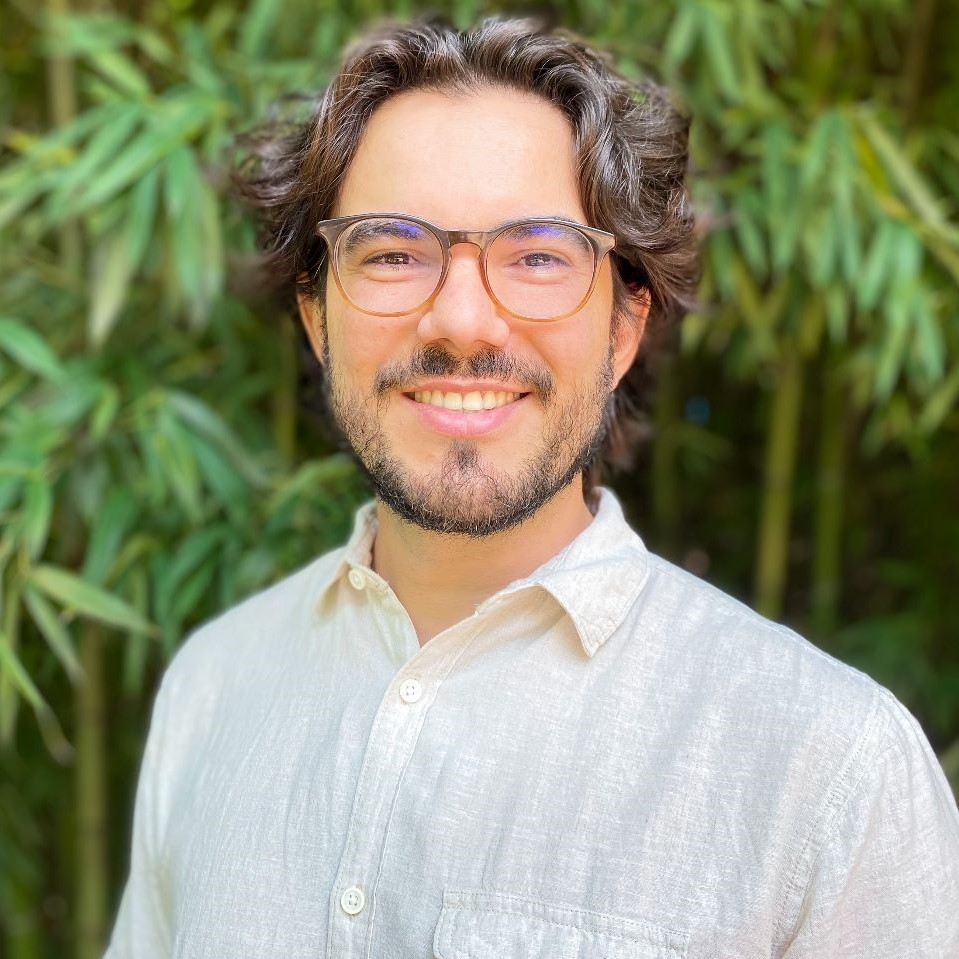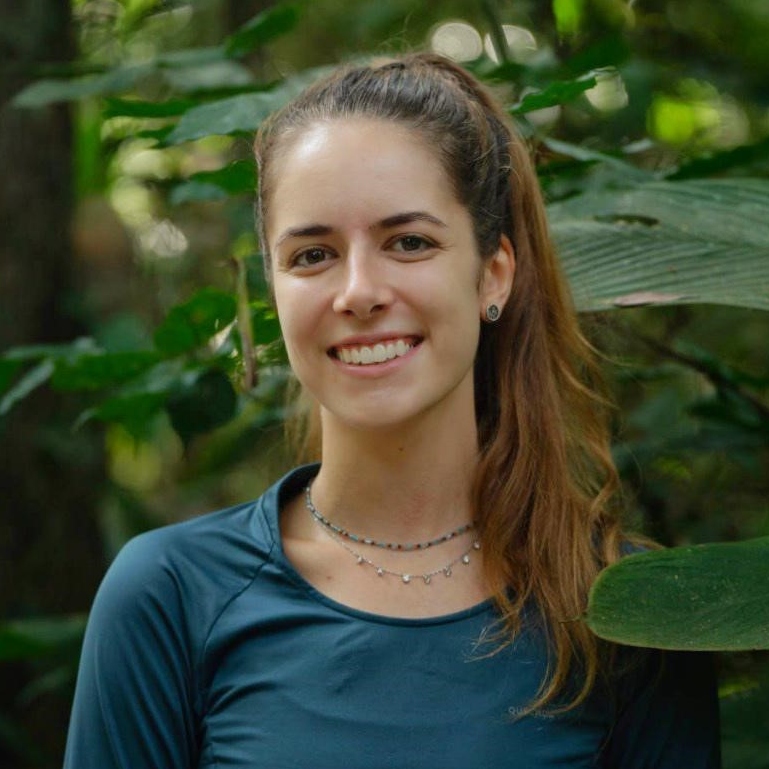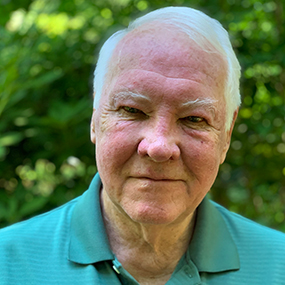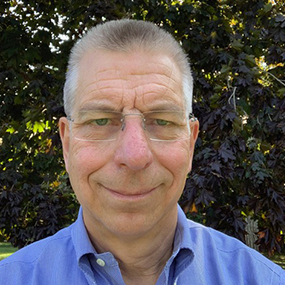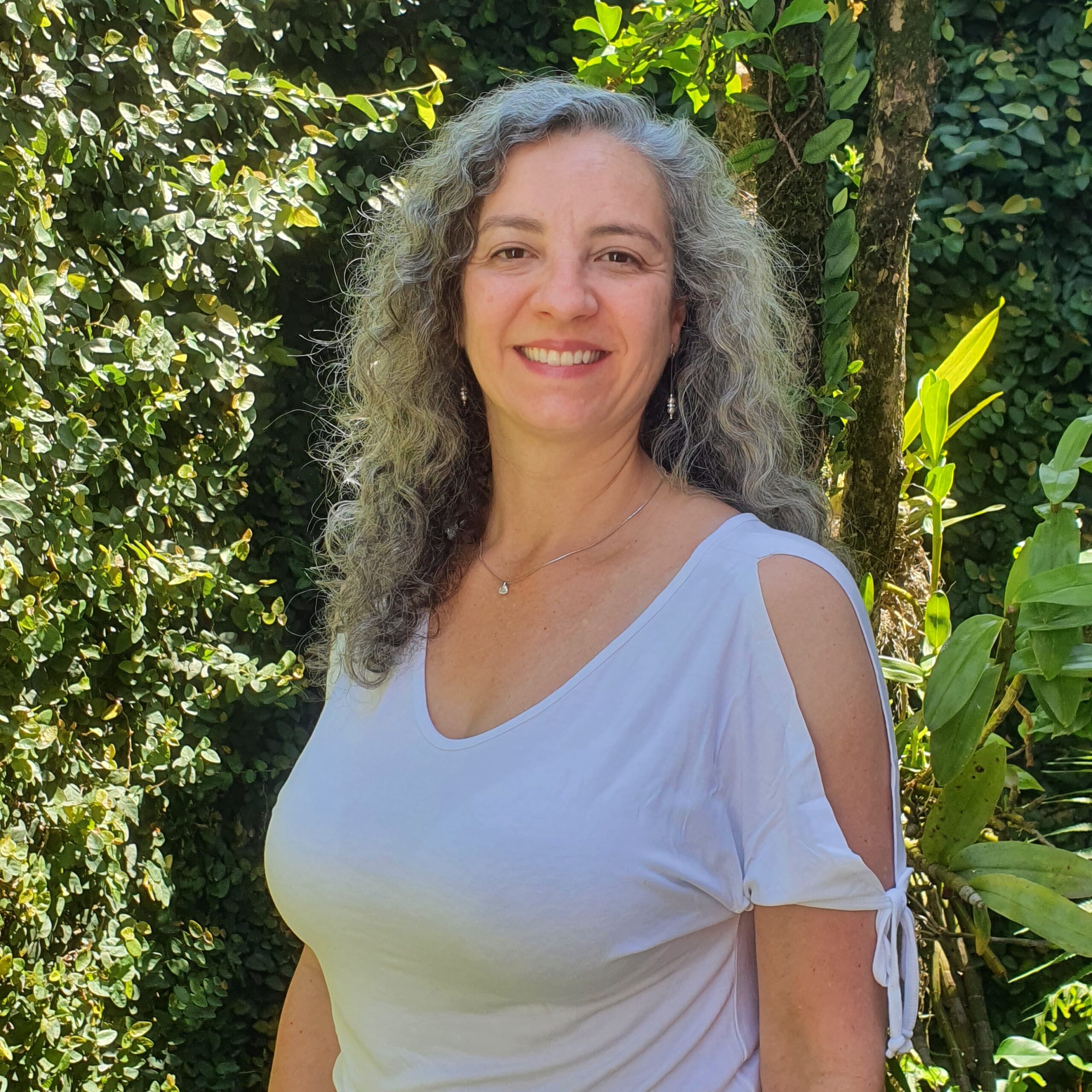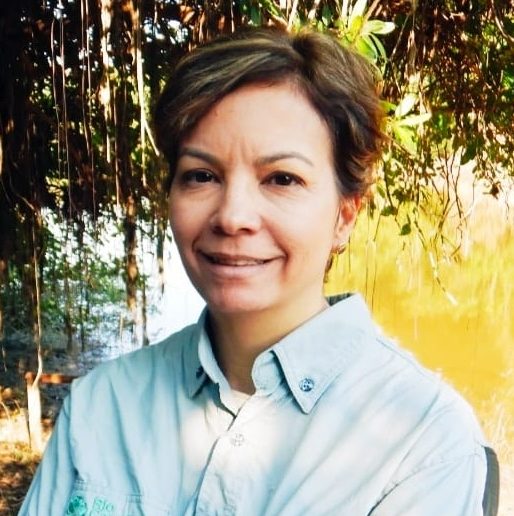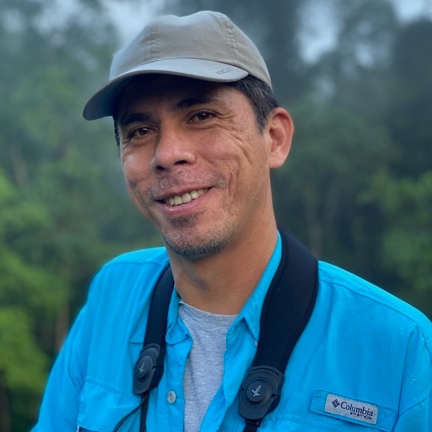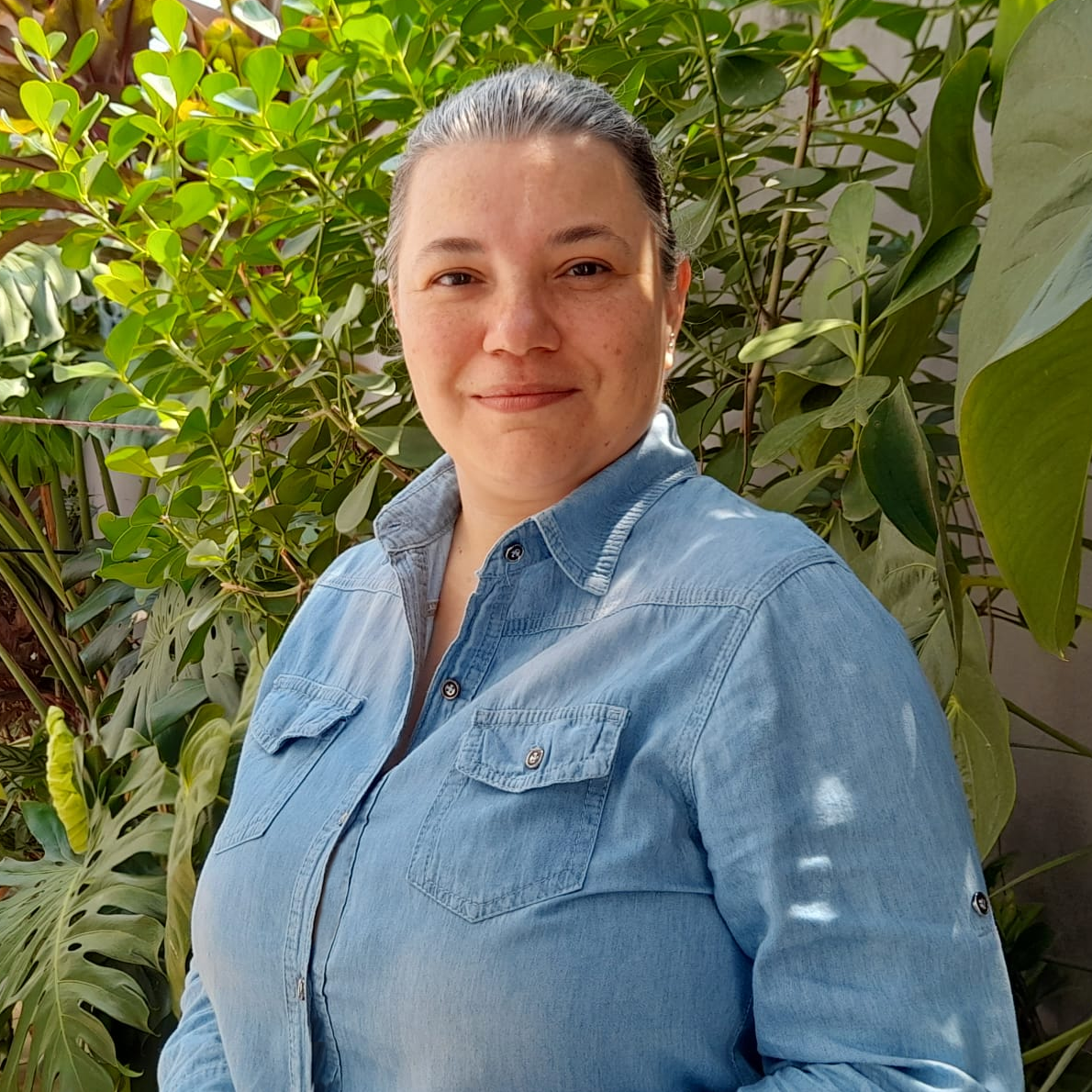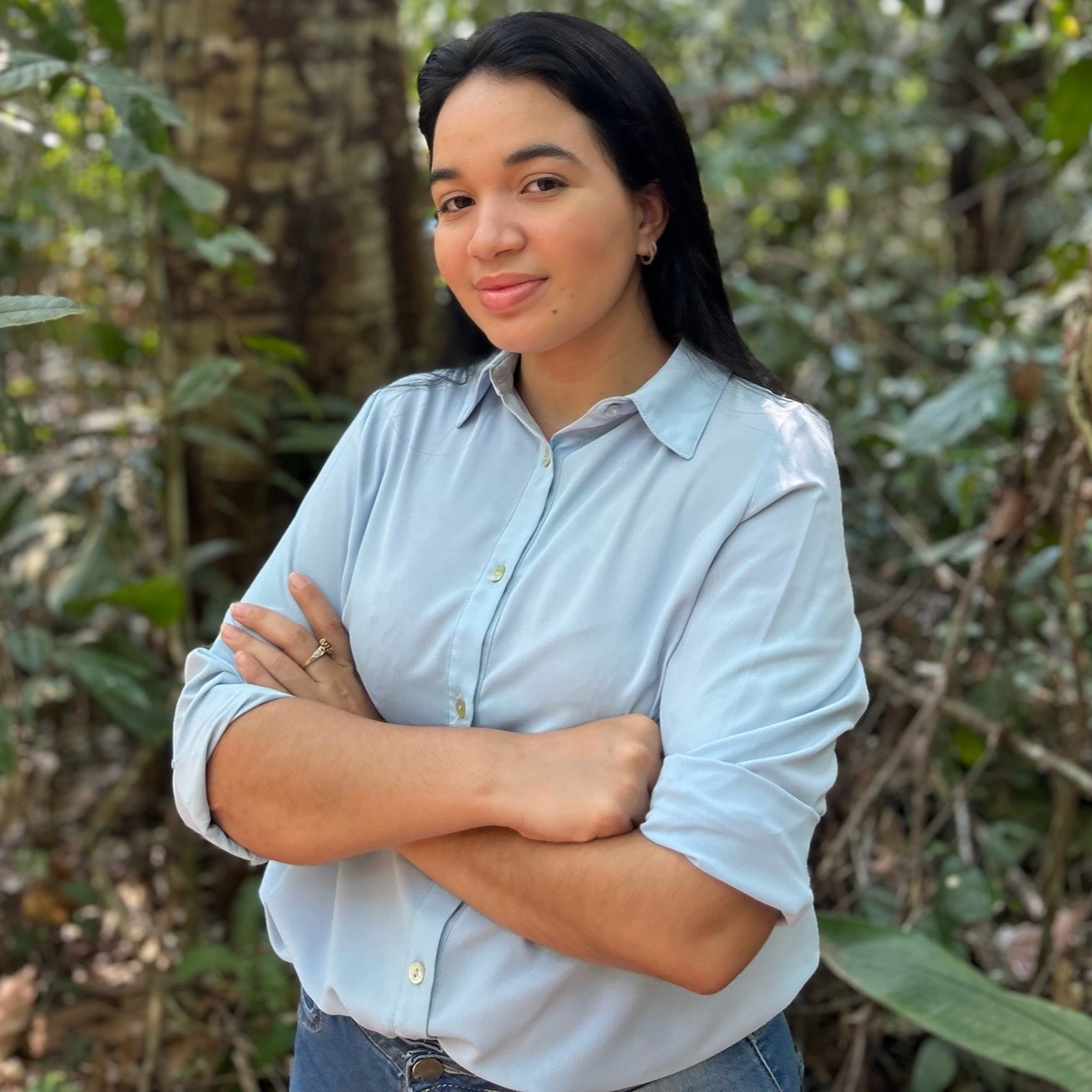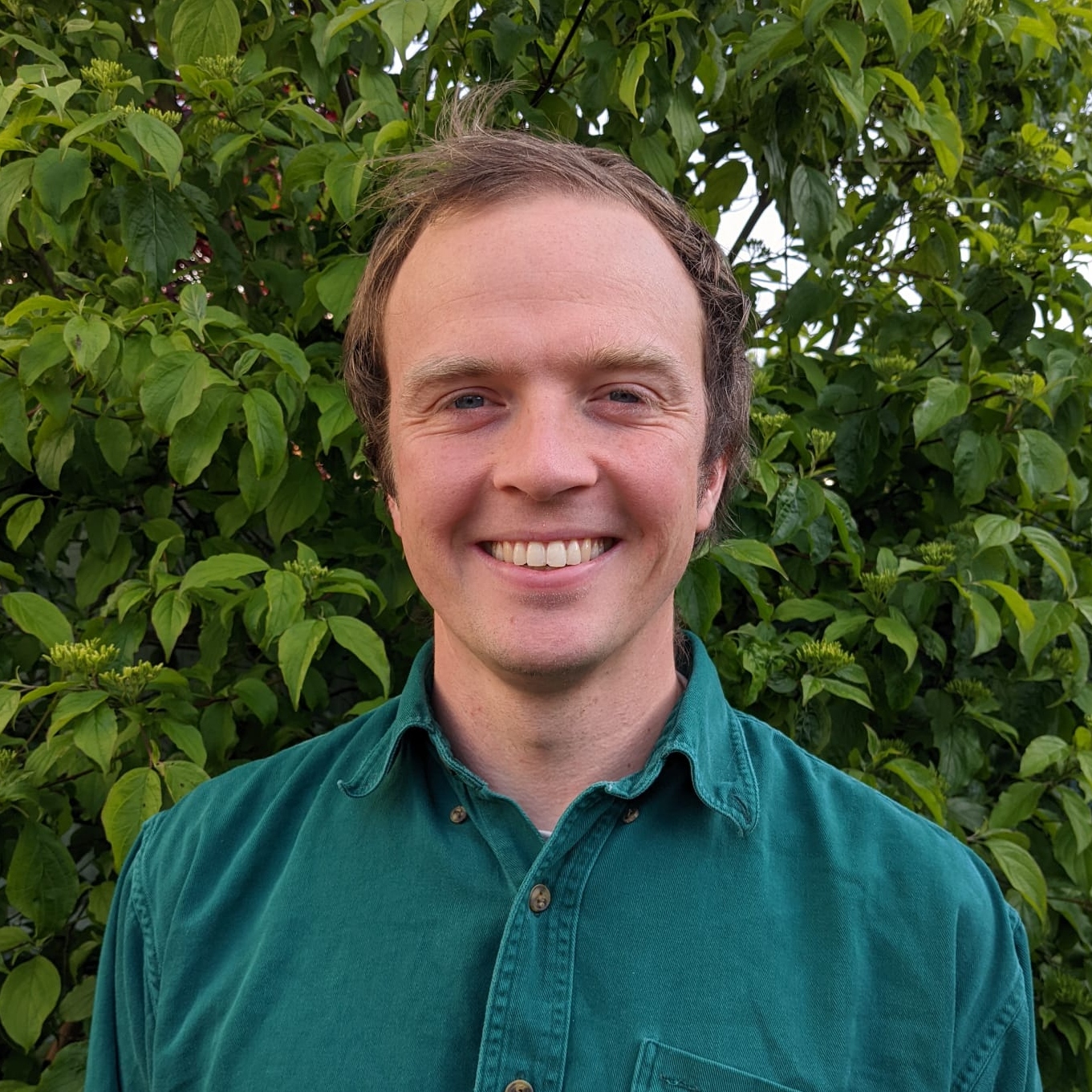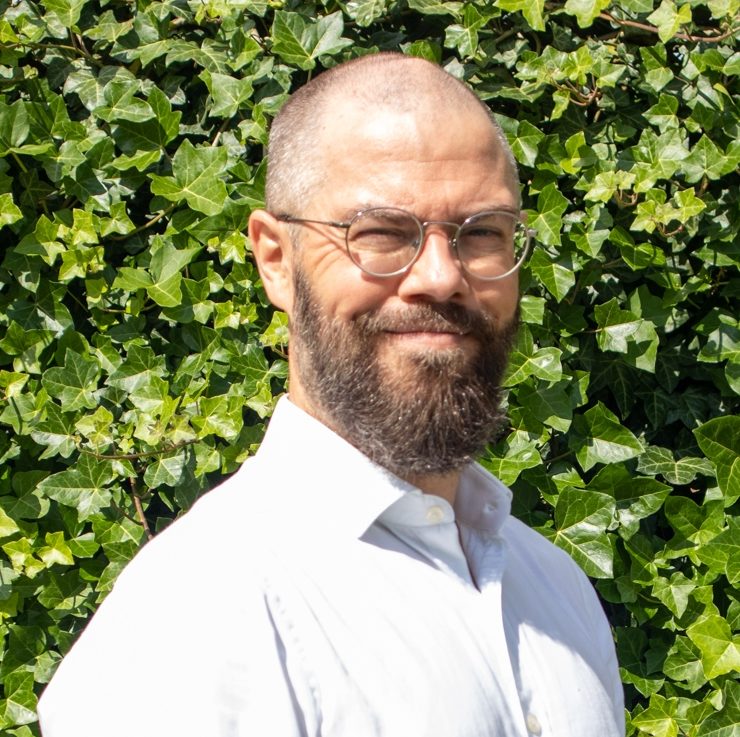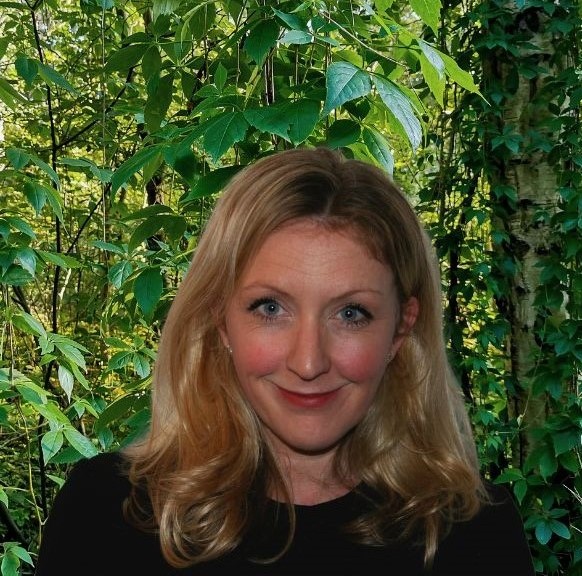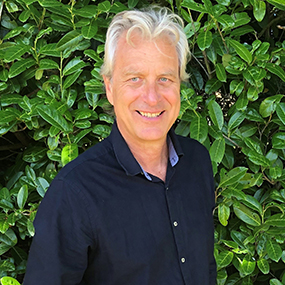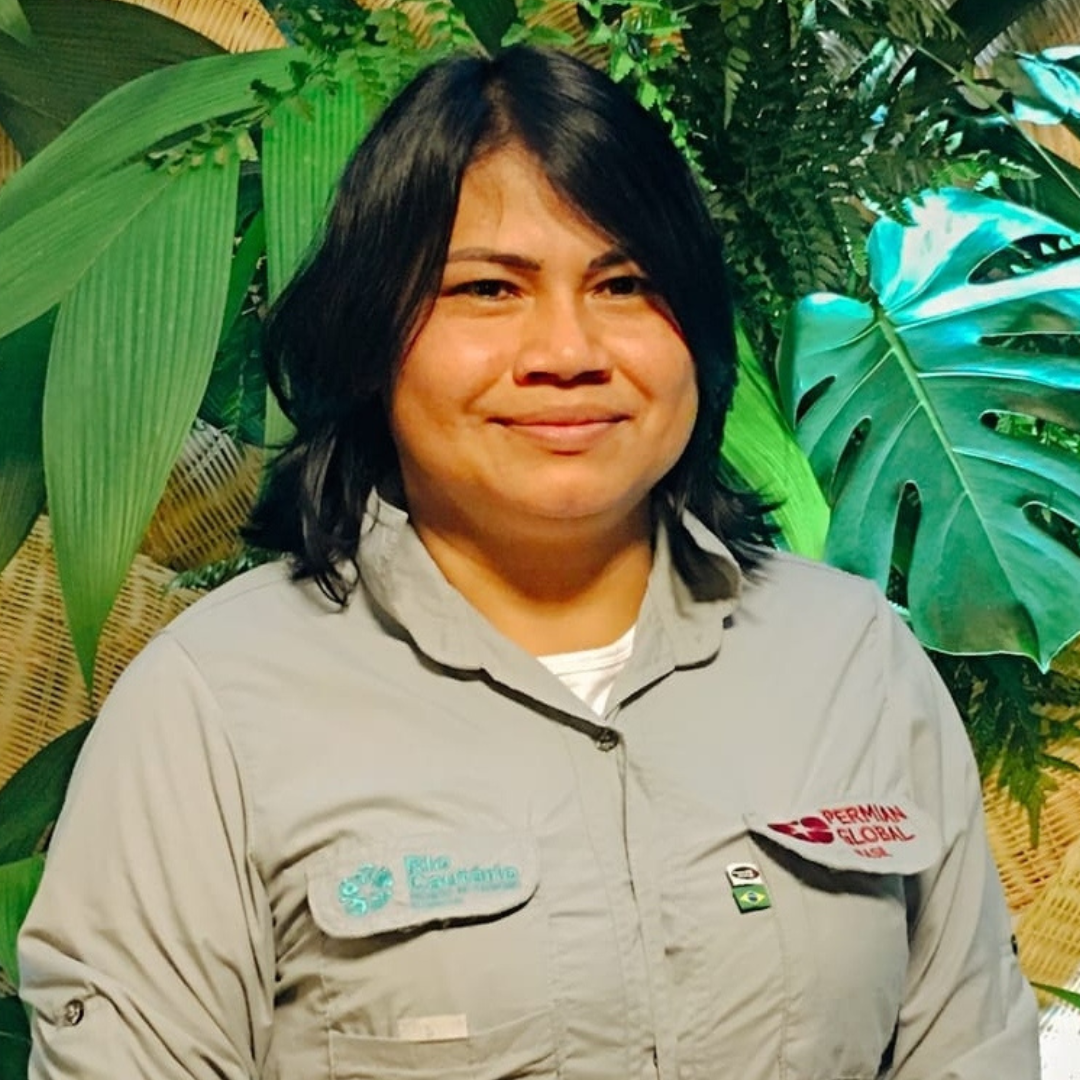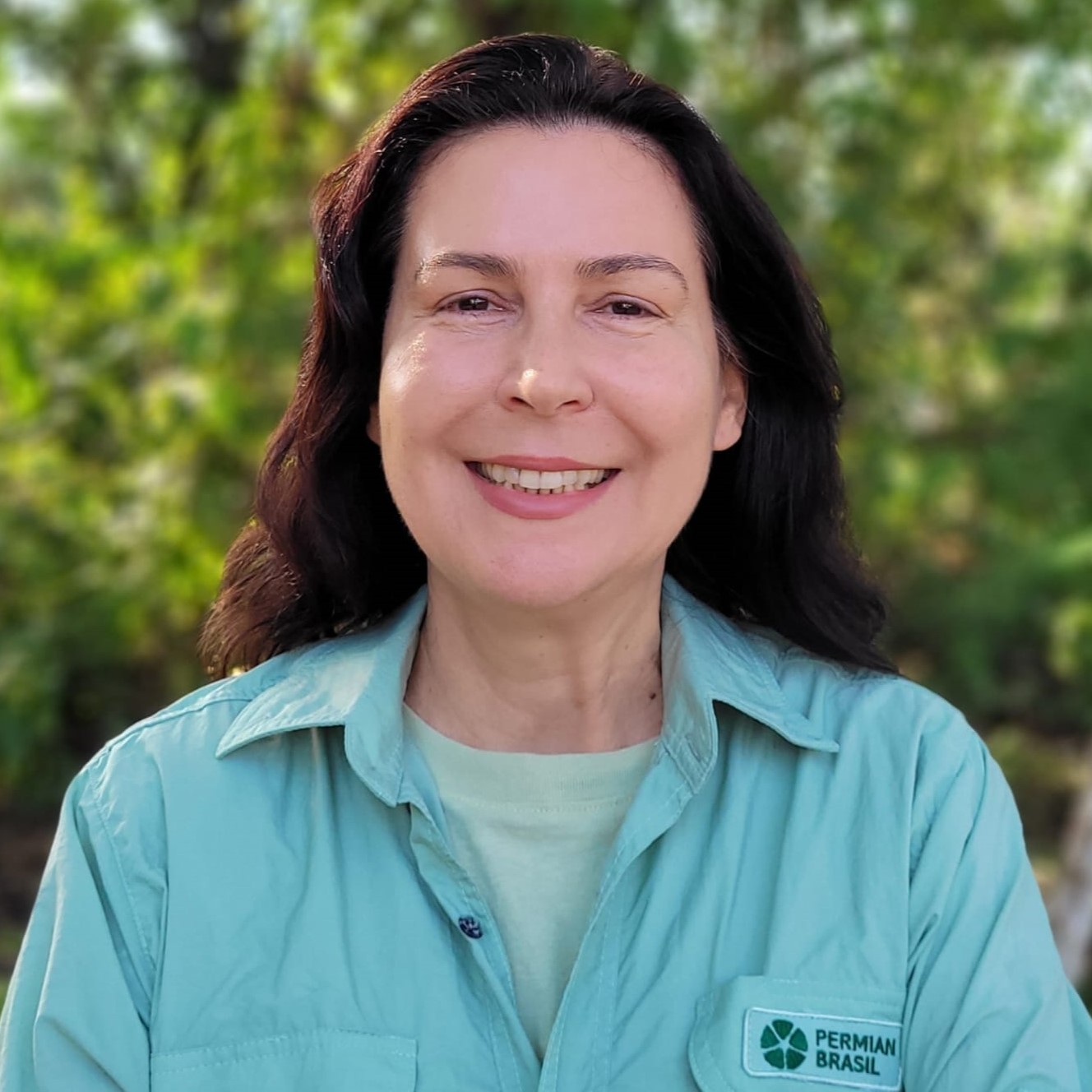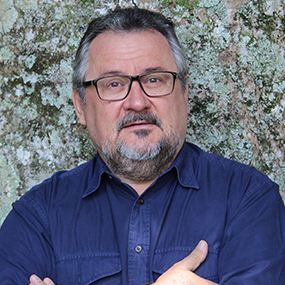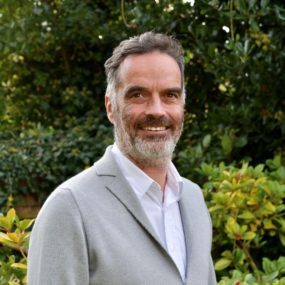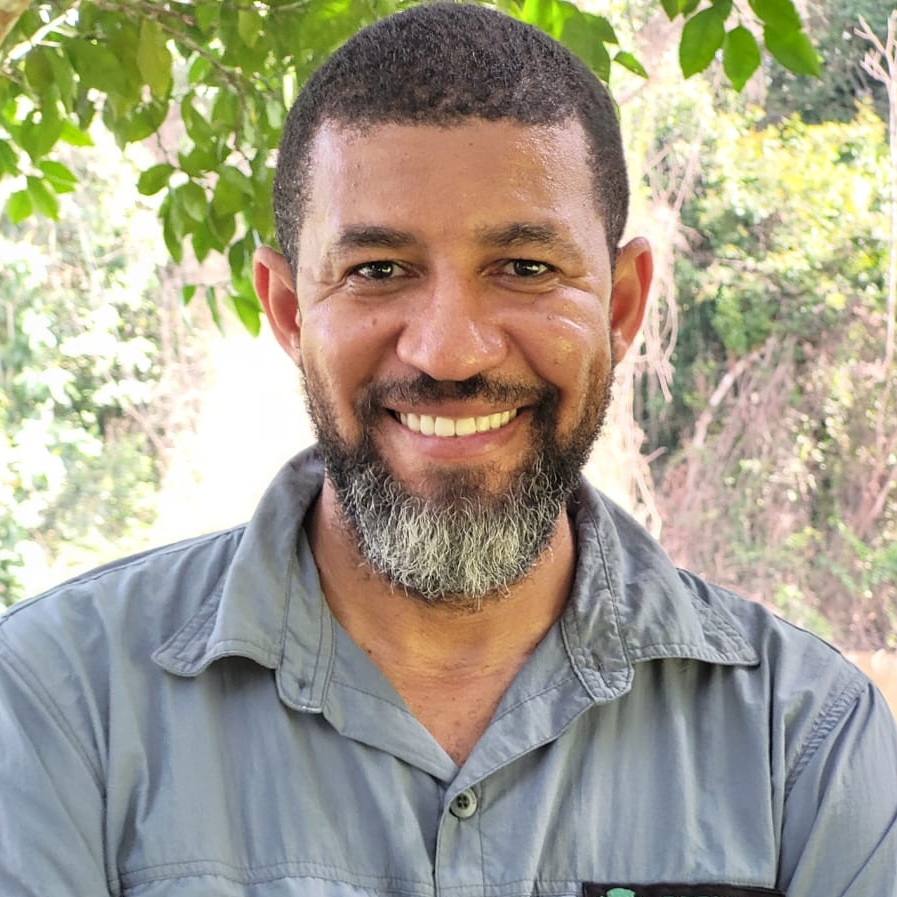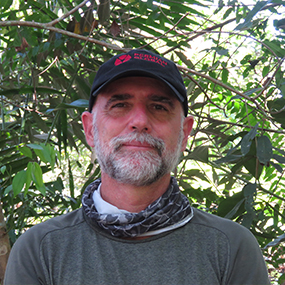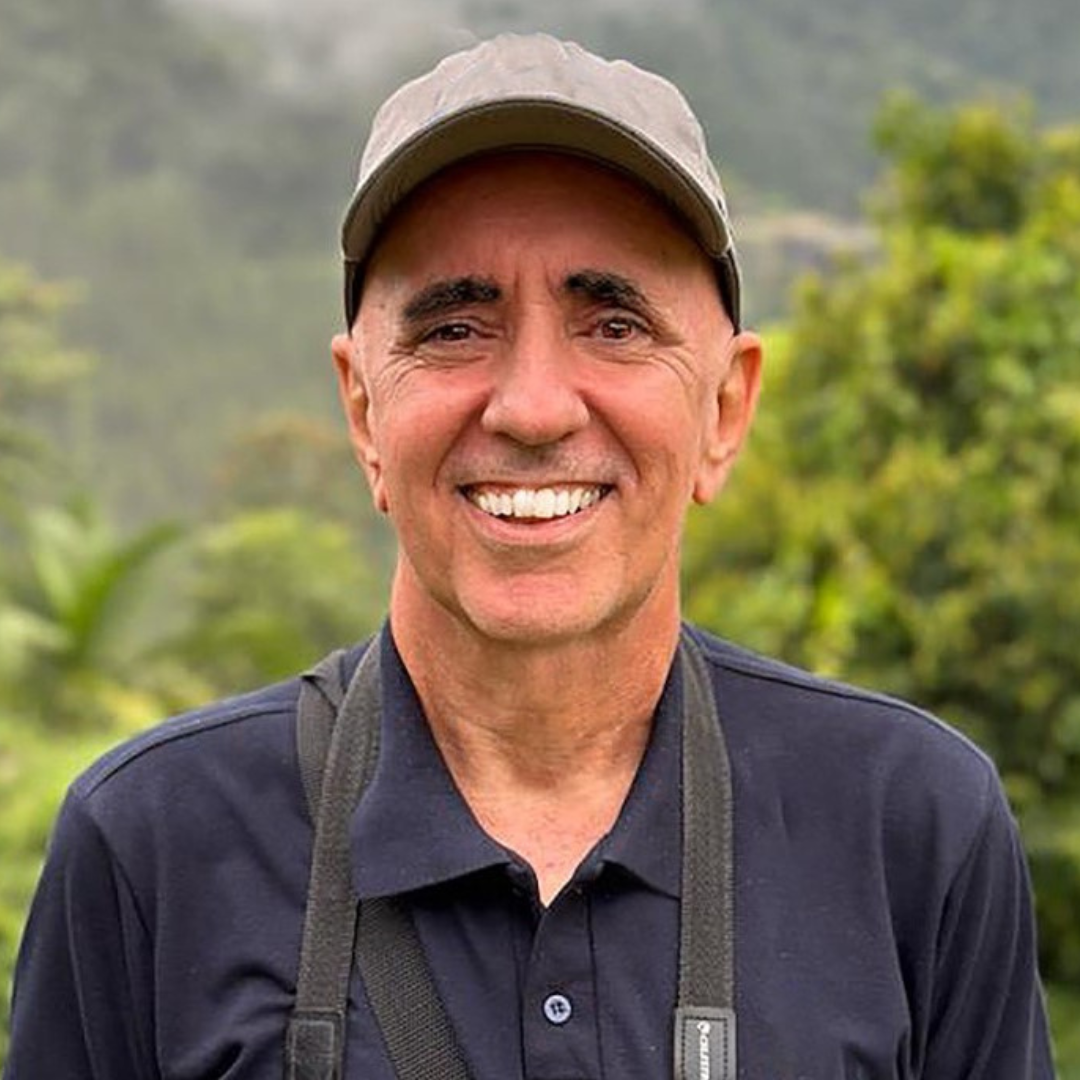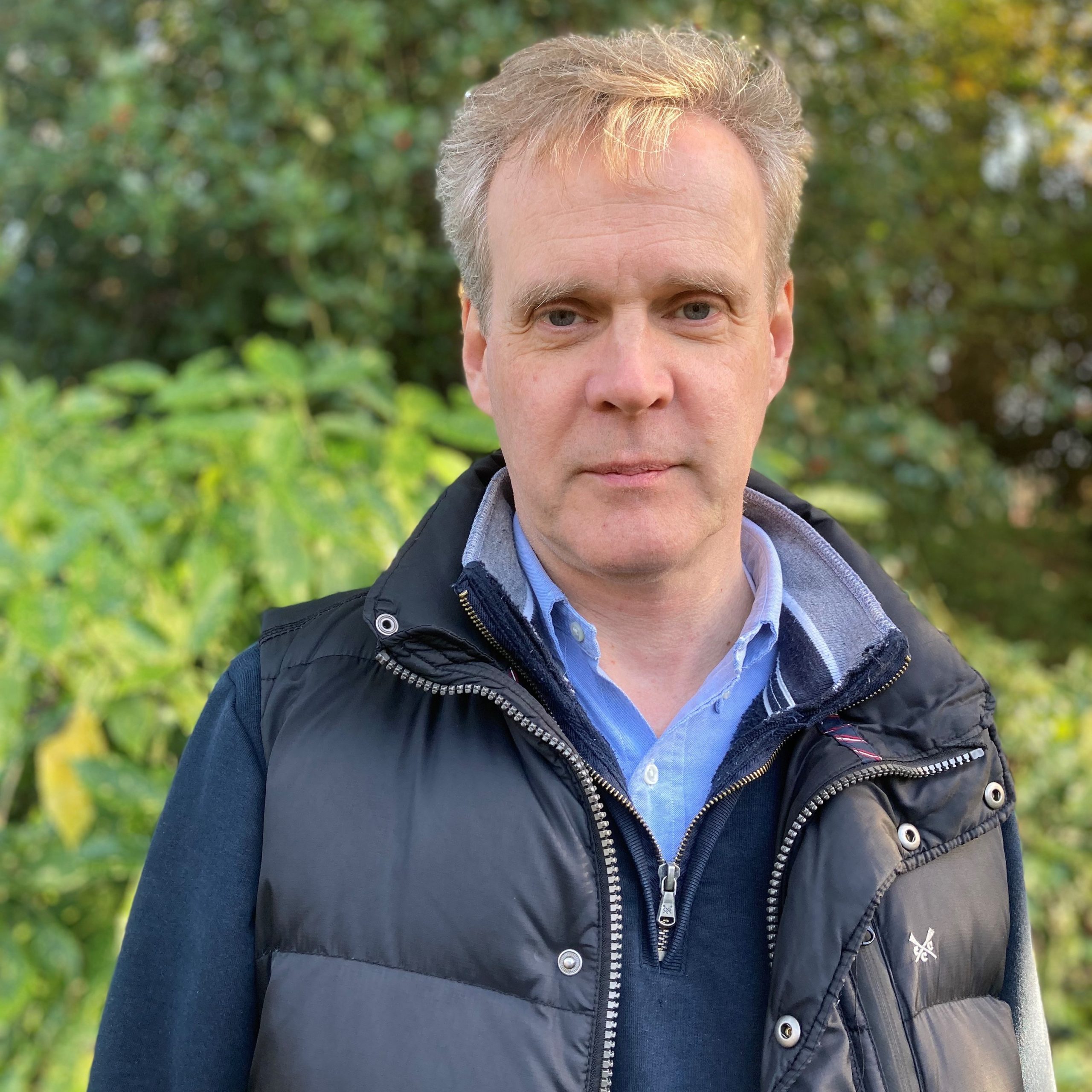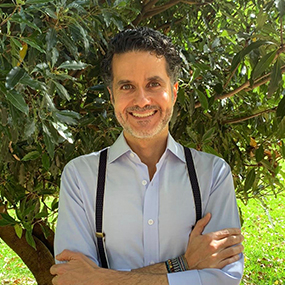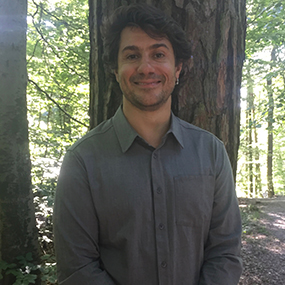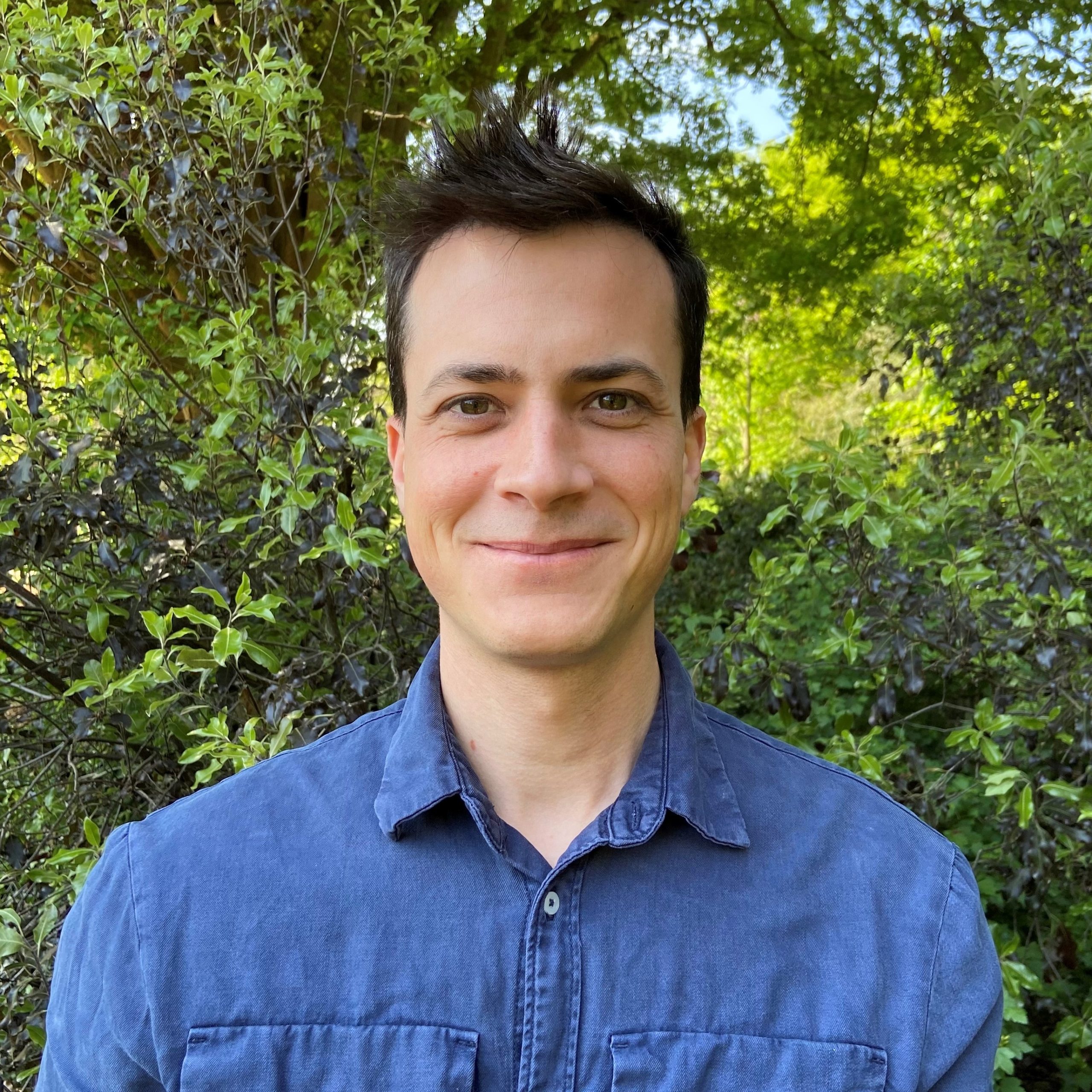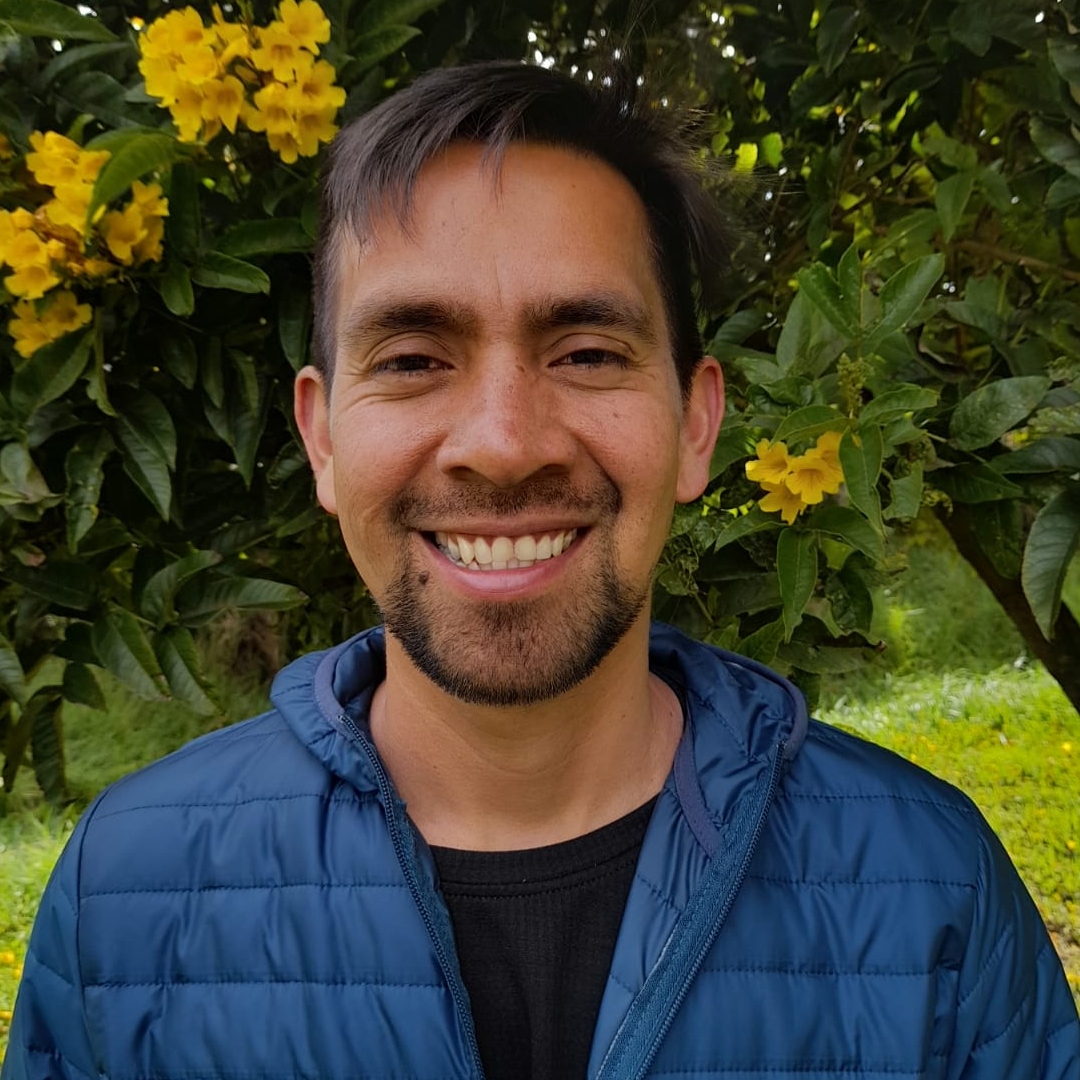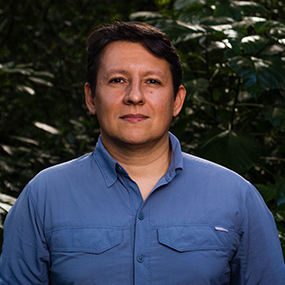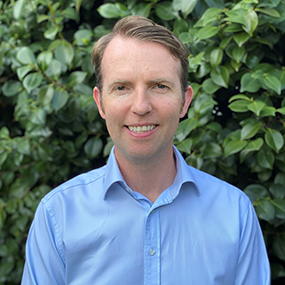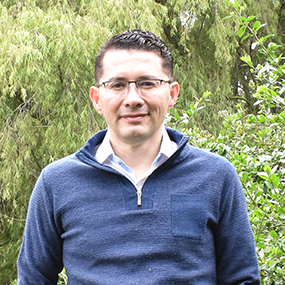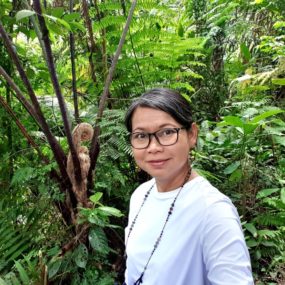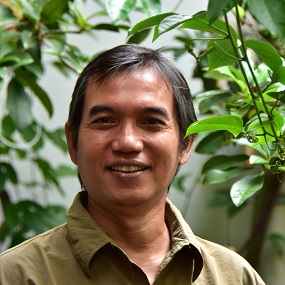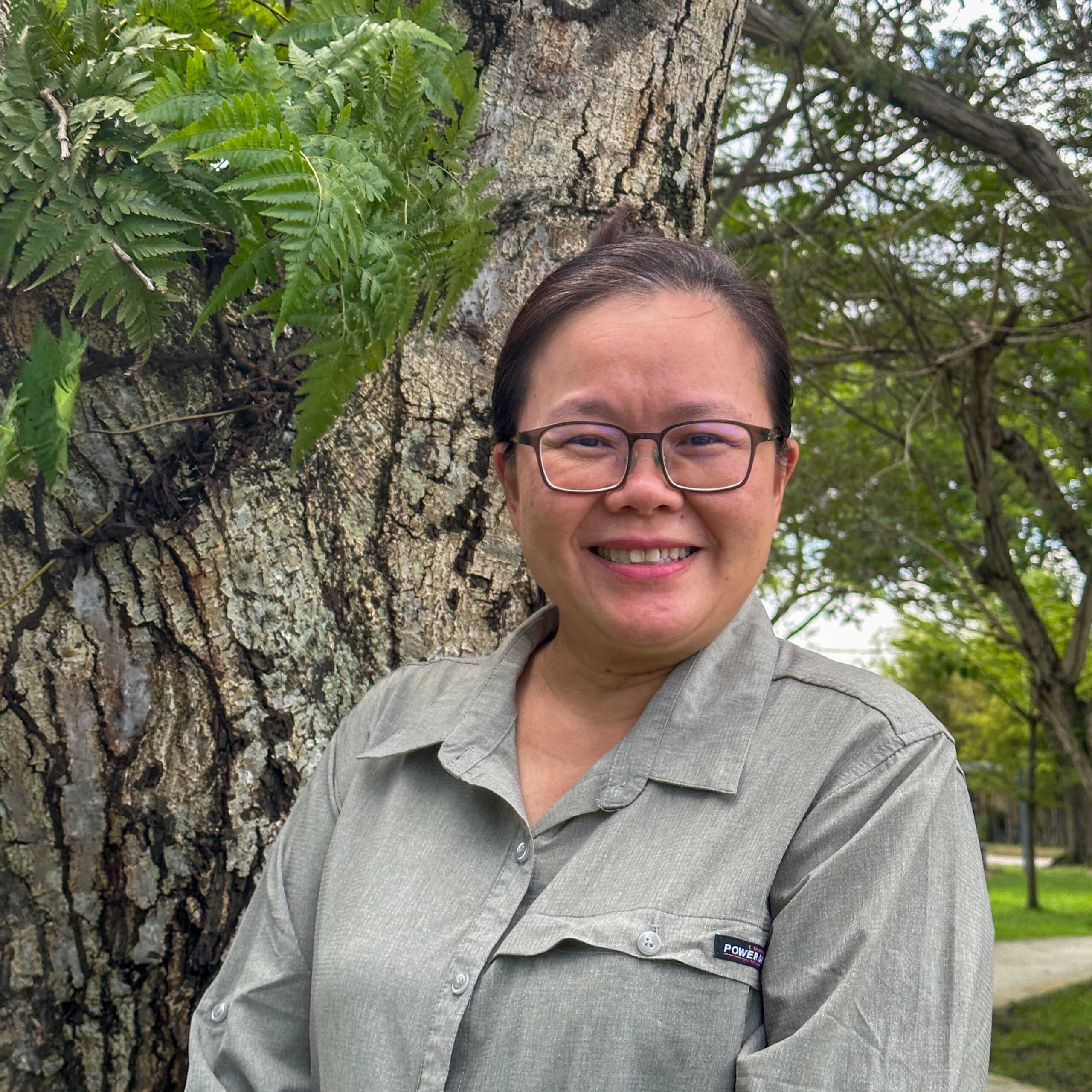Permian Global
Permian Global is a mission-led business that channels private sector carbon finance into the design and implementation of projects that protect and regenerate threatened tropical forests.
Forests, especially dense fast-growing tropical forests, are a stabilising force for the climate and a hotbed of biodiversity. They regulate ecosystems, form habitats for animals, plants, fungi and micro-organisms, play an integral part in the carbon cycle, support livelihoods, and supply goods and services that can drive sustainable growth.
Forests are also one of the most important solutions to addressing the effects of climate change – their protection should be considered with the same urgency as leaving fossil fuels in the ground and the decarbonisation of high emitting sectors. Approximately 2.6 billion tonnes of carbon dioxide, one-third of the CO2 released from burning fossil fuels, is absorbed by forests every year. Estimates show that nearly two billion hectares of degraded land across the world – an area the size of South America – offer opportunities for restoration. Increasing and maintaining forests is therefore an essential solution to climate change.
By applying the most up-to-date science to all parts of the project development process and growing expert local teams to carry out project activities on the ground, Permian Global creates forest protection projects that generate the highest quality in forest carbon credits in the market, whilst delivering transformative social development programs.
Financed by verified carbon credits, our projects are helping to address climate change, protect biodiverse habitats, support local communities, and contribute to the United Nations’ Sustainable Development Goals (SDG’s).
The carbon credits produced by Permian Global are fully verified, measurable and represent precise units of avoided emissions. They can and should be used as part of corporate climate targets, but only when the corporation is pursuing an ambitious, science-based strategy to eliminate emissions across its entire business.
Halting the loss and degradation of forest ecosystems and promoting their restoration have the potential to contribute over one-third of the total climate change mitigation that scientists say is required by 2030 to meet the objectives of the Paris Agreement – IUCN
Protecting nature, transforming local economies
Permian Global seeks areas of threatened tropical forest and works to secure the rights to develop long-term protection that will prevent deforestation and degradation, eliminating the resulting emissions.
Focusing mainly on areas of public land (but also at times privately owned land), Permian Global works with the landowning body, national and local governments and with local communities, to establish projects that combine conservation with improvements to the lives and livelihoods of the people living in and around the forest area.
Project design decisions are always based upon full consultation with local people and the most up-to-date science, which go above and beyond adherence to the leading carbon / REDD+ standards.
Each project is based on the construction of three interconnected work streams – Climate, Community and Biodiversity.
Assessment of carbon stocks in the above and below-ground biomass. Ongoing monitoring and reporting of changes – increases and decreases – of carbon stocks. Processes include on-the-ground plot measurements, overhead drone monitoring and multispectral satellite imaging / remote sensing data collection.
All Permian Global projects are developed on the principle that effective conservation is as much about empowering and enriching the lives of indigenous people and local communities as it is about safeguarding the world’s species and ecosystems. In practice, this means engaging with local people at the very beginning of the project design process and working transparently and collaboratively to create programs that not only protect the forest, but deliver transformation in local communities.
All activities relating to the protection and restoration of forest landscape and the safeguarding and monitoring biodiversity. For forest integrity and health, activities include the development of fire management, reforestations and peat rewetting programs. Each project also has a numerous species-focused activities, including camera trap and bio-acoustic monitoring, species inventories, illegal poaching prevention.
Verified carbon credits generated by Permian Global projects are traded either directly with corporate clients or to selected intermediary companies.
Meet The Team
Permian Global is involved in forest protection and regeneration activities across the tropics, including in Indonesia, Malaysia, Brazil, Colombia, and Peru. The international team, which includes 16 PhDs, conservationists, scientists, project managers as well as experts in forest carbon markets and community engagement, is spread across these locations, with additional offices in the UK, Switzerland and the US.
